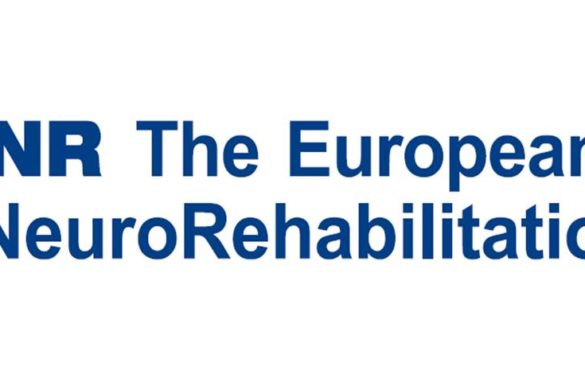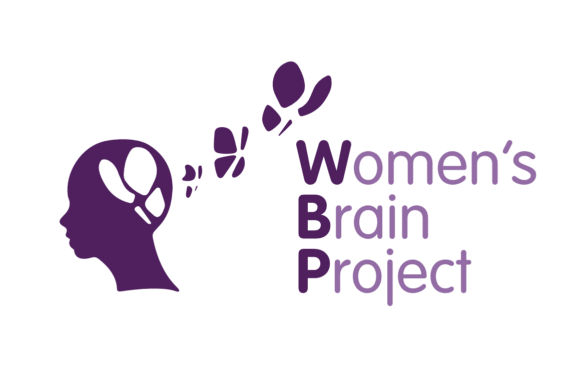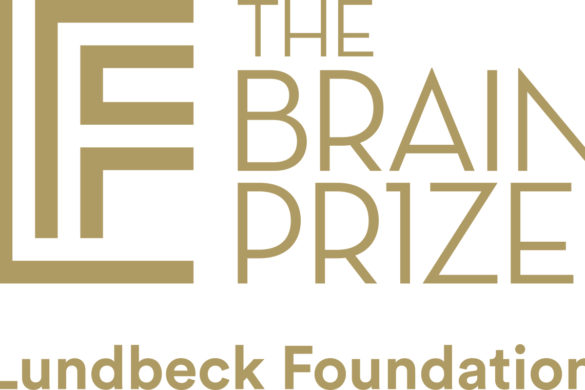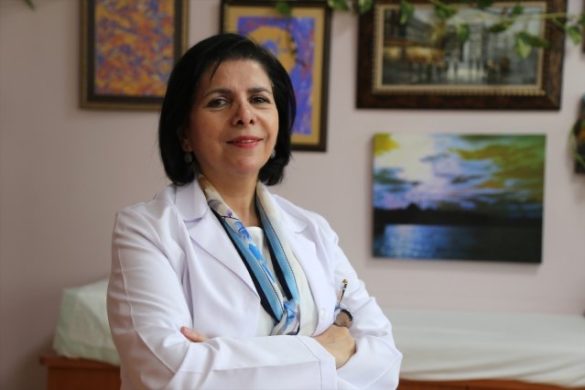The time is right to elevate the conversation on health. For the past few years, the critical state of the financial system absorbed much of Davos participants’ attention. This year, there is a sense that the global economy is out of intensive care and embarking on rehabilitation. As we ask how metaphorically to improve the economy’s health, literally improving the population’s health is a good place to start.Robert Greenhill, Managing Director and Chief Business Officer at the Davos Forum highlights that health and environment will be prominent pillars of the programme for the Annual Meeting 2014. Read more in “Key updates”.
Agenda Watch
i) Source: European Commission Secretariat General Directorate C
Subject: Planned public consultations for 2014-2015
Date published: January 6 2014
Please click here for a document recently published by the Commission, outlining the planned public consultations throughout 2014 and 2015.
ii) Source: Council register
Subject: Provisional agendas for Council meetings, during the first semester of 2014
Date published: December 23 2013
Please click here to read the Provisional agendas for Council meetings, during the first semester of 2014 (i.e. the Hellenic presidency).
Institution watch
i) On 10-11 March 2014 the European Commission organizes Innovation Convention.
Key updates this week
Source: Greek Presidency of the EU
Subject: Programme of the Greek Presidency of the EU
Date published: January 8 2014
Please follow the link to access the Programme of the Greek Presidency of the EU.
Source: World Economic Forum
Subject: Health and Environment Prominent on Davos 2014 Agenda
Date published: January 8 2014
Health and Environment Prominent on Davos 2014 Agenda
Fon Mathuros, Head of Media, Communications Department Tel.: +41 (0)79 201 0211, E-mail: fma@weforum.org.
– The Forum’s Annual Meeting will feature 25 sessions, from mental health and personalized medicine to health systems in emerging economies, and its inaugural Health Summit.
– First Climate Day with 35 sessions on sustainability, circular economy and green investment.
– New initiative with UN, UNFCCC and the Forum on climate change collaboration
– For more information, visit http://wef.ch/am14
Geneva, Switzerland, 08 January 2014 – The 44th World Economic Forum Annual Meeting is taking place from 22 to 25 January under the theme The Reshaping of the World: Consequences for Society, Politics and Business in Davos-Klosters, Switzerland. Ahead of the Forum’s Pre-Davos press conference on 15 January, this Media Advisory offers a preview into the Annual Meeting’s programme. Health and Environment will be prominent pillars of the programme for the Annual Meeting 2014 in Davos.
Health
Over 25 sessions throughout the four-day Meeting will highlight the big health challenges of the 21st century. World leaders will discuss the need for redesigning health systems, medical breakthroughs and the broader economic and societal impacts of health. The 2,500 participants from more than 100 countries will tackle questions such as the potential of the health sector as an engine for economic growth and prosperity, a sector-wide perspective on the building blocks of a healthy lifestyle and how to design financially sustainable health systems.
A significant part of the programme will be dedicated to mental health issues. With mental ill-health being the leading cause of absenteeism in many sectors and industries, the cumulative costs on the global economy is estimated at US$16 trillion over the next 20 years. In step with the United Kingdom’s G8 presidency, the Forum will drive the debate on how to face the challenges and stigma surrounding dementia and mental ill health. Citizens are invited to discuss this “last taboo” as part of the Open Forum series.
“The time is right to elevate the conversation on health,” said Robert Greenhill, Managing Director and Chief Business Officer at the Forum. “For the past few years, the critical state of the financial system absorbed much of Davos participants’ attention. This year, there is a sense that the global economy is out of intensive care and embarking on rehabilitation. As we ask how metaphorically to improve the economy’s health, literally improving the population’s health is a good place to start.”
The inaugural Health Summit will bring together heads of government, chief executives, academia and Nobel laureates to sharpen the awareness for health as a cross-sector challenge in societies. It will address the economic value of health, identifying innovations and new business models, regulatory frameworks and incentives for healthier cities, countries, businesses and individuals. The Meeting will also offer a personal health experience for participants by making the healthy choices – for food, drink and physical activity – the easy choices, and by sharing the latest (wearable) technologies and health empowerment tools.
Please click here for more Information
Articles of interest
– The JRC adopts open access policy for scientific articles from January 2014
– Science needs an audience: €462M to increase public involvement and interest in R&D
– Behavioral economist studies science of decision-making












